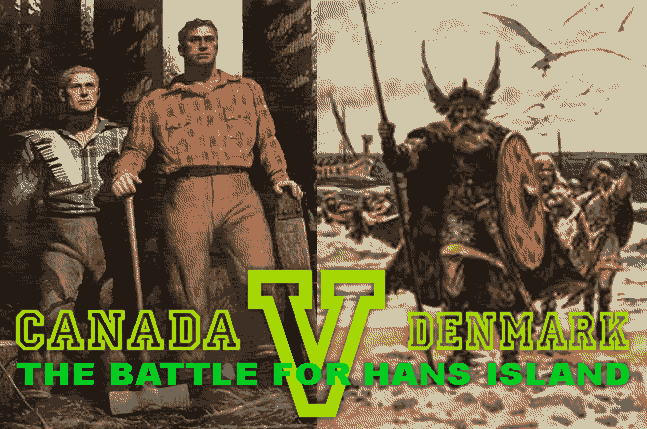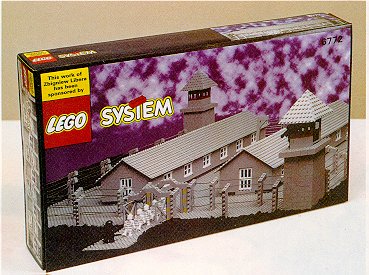Not the blocks, the company.
 to Canada for taking a sensible approach.
to Canada for taking a sensible approach.
On Thursday, the Supreme Court justices concurred with a lower court judge who found that "purely functional" features, such as the well-known geometrical pattern of raised studs on the top of the bricks, could not be the basis of a trademark.
"Trademark law should not be used to perpetuate monopoly rights enjoyed under now-expired patents," the Supreme Court says.
The last of Lego's Canadian patents on its blocks expired in 1988.
"The fact is ... that the monopoly on the bricks is over, and Mega Bloks and Lego bricks may be interchangeable in the bins of the playrooms of the nation – dragons, castles and knights may be designed with them, without any distinction," the high court ruled.
"Trademark law should not be used to perpetuate monopoly rights enjoyed under now-expired patents," the Supreme Court says.
The last of Lego's Canadian patents on its blocks expired in 1988.
"The fact is ... that the monopoly on the bricks is over, and Mega Bloks and Lego bricks may be interchangeable in the bins of the playrooms of the nation – dragons, castles and knights may be designed with them, without any distinction," the high court ruled.
 to Canada for taking a sensible approach.
to Canada for taking a sensible approach.


 @Charismatic depictions of Canadians and Danes.
@Charismatic depictions of Canadians and Danes.

Comment